Health & Medicine
-
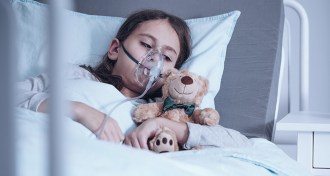 Health & Medicine
Health & MedicineTreating cystic fibrosis patients before birth could safeguard organs
Starting a cystic fibrosis drug sooner than usual may protect an afflicted child’s lungs, pancreases and reproductive tissue, a study in ferrets hints.
-
 Science & Society
Science & SocietyThe science of CBD lags behind its marketing
Editor in Chief Nancy Shute discusses the lack of scientific research on CBD.
By Nancy Shute -
 Tech
TechReaders respond to classroom robots, soil erosion and more
Readers had comments and questions about robots in classrooms, benzodiazepines and more.
-
 Science & Society
Science & SocietyThe CBD boom is way ahead of the science
As CBD-laced foods and health products gain popularity, researchers are just beginning to fill the gaping holes in knowledge about this cannabis molecule’s benefits.
-
 Health & Medicine
Health & MedicineEpileptic seizures may scramble memories during sleep
Overnight seizures seemed to muddle memories in people with epilepsy.
-
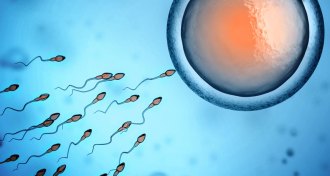 Health & Medicine
Health & MedicineSperm with damaged DNA may cause some repeat miscarriages
An analysis of semen from men whose partners have experienced multiple miscarriages revealed abnormalities, a small study finds.
-
 Health & Medicine
Health & MedicineA single sweaty workout may boost some people’s memory
Memory improvements after a short bout of exercise mirrored those seen after months of training.
-
 Health & Medicine
Health & MedicineEdibles are tied to more severe health issues than smoking marijuana
Most marijuana-linked cases at a Denver hospital involved weed smokers. But people who ate the drug were more likely to have heart or psych issues.
By Jeremy Rehm -
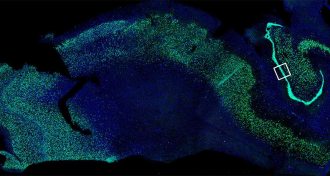 Health & Medicine
Health & MedicineSigns of new nerve cells spotted in adult brains
A study finds new evidence that adult brains grow new nerve cells, even the brain of an octogenarian.
-
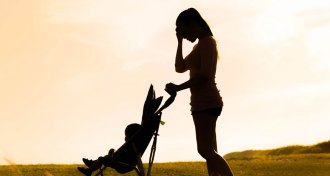 Neuroscience
NeuroscienceWomen have a new weapon against postpartum depression, but it’s costly
The newly approved drug brexanolone simulates a natural hormone to alleviate symptoms of postpartum depression.
By Jeremy Rehm -
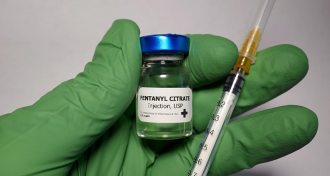 Health & Medicine
Health & MedicineU.S. fentanyl deaths are rising fastest among African-Americans
New statistics on fentanyl-related overdoses show troubling increases in deaths among African-Americans, Hispanics and men.
-
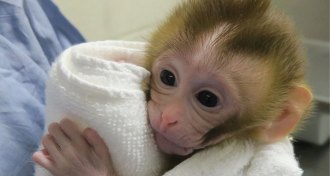 Health & Medicine
Health & MedicineSaving monkey testicle tissue before puberty hints at a new way to preserve fertility
Frozen testicle tissue samples from prepubescent monkeys transplanted back onto those monkeys once they matured produced sperm.